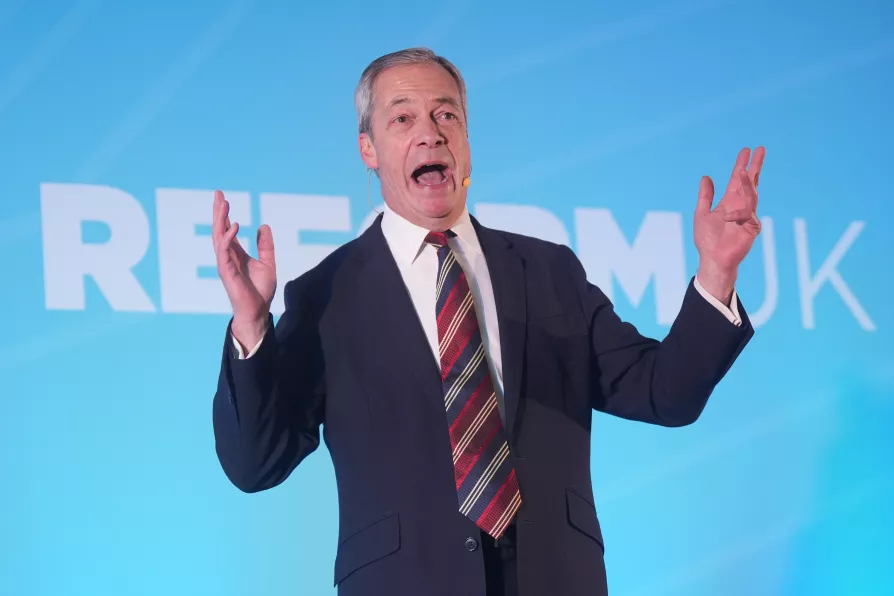Error message
An error occurred while searching, try again later.
JOHN McDONNELL is right. This government looks to be set on a suicide course from which the main likely beneficiary will be Reform UK.
To be even contemplating further cuts in public spending, after 14 years of eye-watering Tory austerity is an act of political madness.
Yet Chancellor Rachel Reeves is sharpening her axe in order to keep the international financial markets happy.
It is likely that it will fall heaviest on welfare spending and local government, two areas already eviscerated by the Conservatives.
Shamefully it seems that disabled people are to be a particular target for the City-ordered economies.
But that is not the end of the Chancellor’s death wish. Reeves is also on a deregulatory rampage in her bid to conjure economic growth out of somewhere.
We all know where that ends. It ends in the crash of 2008, the product of light-touch regulation of reckless profit-seeking banks.
And it ends in calamities like the murderous Grenfell fire, a consequence of decades of privatisation and marketisation in social housing.
None of this is even achieving its short-sighted intention of keeping big business happy.
Manufacturing companies are asking what has happened to Labour’s long-promised industrial strategy, of which much has been heard but nothing so far seen.
That could be a real driver of economic growth if it were to be backed by serious state investment. But there seems little chance of that getting past the Treasury bean-counters at present.
Such is the fear of the bond market that even the limited reforms promised by Keir Starmer are now in doubt, and the shadow of renewed austerity is spreading.
McDonnell’s warning is therefore timely: “You don’t turn to cuts because not only will that be politically suicidal, that would undermine the political support upon which Labour got elected.
“In addition to that, you would be taking demand out of the economy, and you would be looking at turning a crisis into a recession.”
And indeed the danger is that the country will this year end up with shrinking public services and a shrinking economy.
But in the Commons Reeves was holding fast to her strategy, if it can be dignified with that term. She is still backing her fiscal rules, designed by the Treasury to reassure worldwide speculators, above anything else.
That is not what the public was hoping for last July when they decisively rang down the curtain on the Conservatives.
Yet little over six months later Starmer is being forced to issue public expressions of support for the Chancellor, declarations which have as little weight as a football club chair backing the team manager.
It is past time for the left and the trade unions to come forward with their own strategy to get the country out of the hole both parties of government have dug it into.
Inevitably, the measures needed, from taking water and energy utilities into public ownership to social house building to massive investment in public services, will not be liked by the money markets.
However, concerns about debt could be assuaged by taxation on wealth, high incomes and big business profits. Of course, the Establishment will not enjoy that either.
But the truth is that there is no way forward without class struggle — without mobilising the working class in support of a better society.
Merely hoping that the government will change course won’t cut it. The Starmer team are for the system body and soul.
Mass action in defence of living standards and for social change is not a message that the market will like, but it is the only option for working people.













